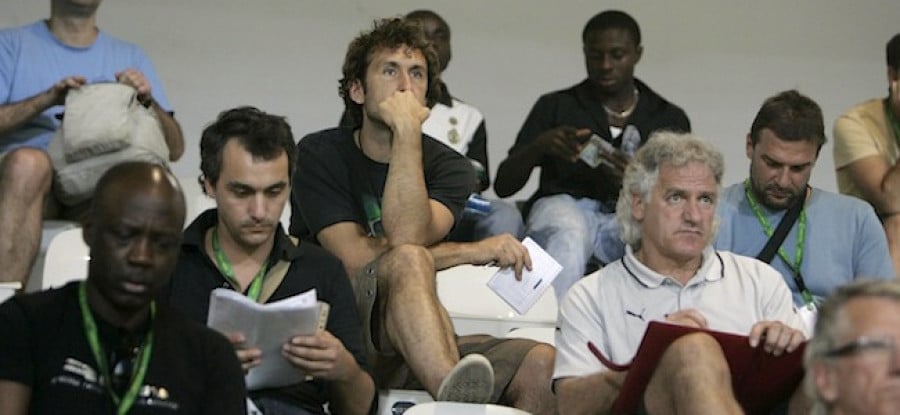A guide to the FA’s Regulations on Working With Intermediaries

The implementation of FIFA’s Regulations on Working with Intermediaries1 (the “FIFA Regulations”) on 1 April 2015 signals the biggest transformation of player and club representation in the history of professional football.
The Football Association (“The FA”) has become the first national association worldwide to publish its supplemental regulations and, in this article, Dan Lowen (founder of www.footballintermediary.co.uk - a website dedicated to explaining the new regulatory regime) will examine the FA Regulations on Working with Intermediaries.2
Background
The FIFA Regulations will bring an end to the system of licensed players’ agents that will have been in place for nearly 25 years.
FIFA first began regulating the activities of players’ agents in 1991, making modifications to the regulations in 2001 and 2008. At the 59th FIFA Congress in 2009 however, FIFA announced that an in-depth reform of the players’ agents system was necessary in order to address several shortfalls within the licensing system.3 Five years and an extensive consultation process later,4 a revised proposal was ratified by the FIFA Congress on 11 June 2014. The FIFA Regulations are set to come into force on 1 April 2015.
Gone will be the concept of the licensed football agent: those individuals who have passed a rigorous exam, taken out professional liability insurance and been issued with a five year licence by their national association. In its place will be a new concept: the “intermediary” – a status open to most, whether individuals or legal entities, without the need to study for and pass an exam and with no insurance necessary. Intermediaries will be free to represent players and clubs regardless of their experience or knowledge of football’s rules and regulations.
The provisions of the FIFA Regulations are beyond the remit of this article.5 In summary however, players and clubs will be free to choose whoever they deem fit and proper to represent them in relation to employment contracts and transfers. The chosen intermediary must register with the relevant national association and meet a set of minimum criteria, namely having an impeccable reputation, not being an ‘Official’ (as defined in the FIFA Statutes) and having no contractual relationship with leagues, associations, confederations or FIFA that could lead to a potential conflict of interest.6
National Associations’ supplemental rules
Whilst Article 1 of the FIFA Regulations requires associations to implement and enforce its provisions, they expressly reserve associations’ rights “to go beyond these minimum standards/requirements”.7
On 5 February 2015, The FA became the first national association to publish its own supplemental regulations, the FA Regulations on Working with Intermediaries (the “Regulations”).8 Other national associations will no doubt be considering The FA’s stance as they look to implement their own national rules.
To continue reading or watching login or register here
Already a member? Sign in
Get access to all of the expert analysis and commentary at LawInSport including articles, webinars, conference videos and podcast transcripts. Find out more here.
- Tags: Agents | FA Regulations on Working With Intermederies | FIFA | FIFA Players Agents Regulations 2008 | FIFA Regulations of Working with Intermederies | Football | Governance | Income Tax (Earnings and Pensions) Act 2003 | Intermederies | Regulation | The FA | United Kingdom (UK)
Related Articles
- The end of the licensed football agent?
- A Critical Review of FIFA’s ‘Working with Intermediaries Regulations’ 2015
- Key sports law cases and developments to watch in 2015
- A quick guide to the statutory and common law duties on sports agents
Written by
Daniel Lowen
Dan Lowen, Level Law
Dan is a sports lawyer who is recognised as a leading adviser in the football industry. He has over 15 years’ experience advising players and agents on all aspects of their careers. For advice on choosing an agent, or if a player, family member or agent has any questions arising out of this article, Dan’s contact details can be found at www.level.law




